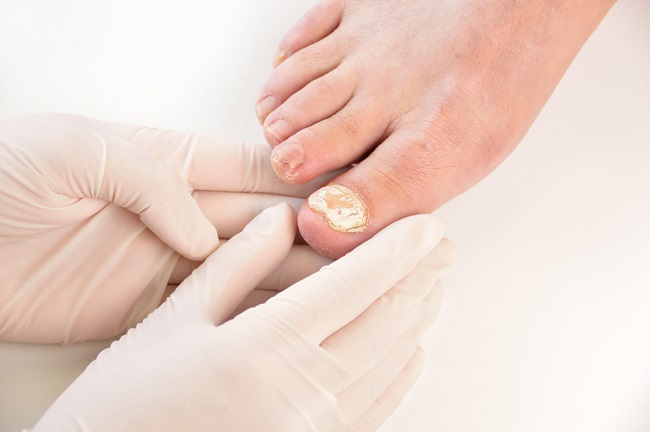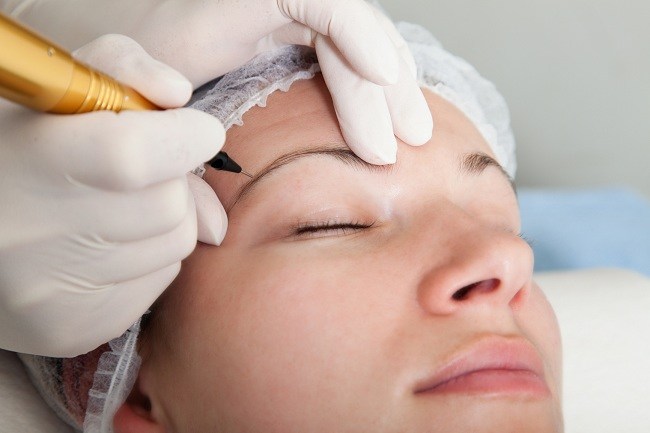Dubin-Johnson syndrome is a genetic disorder that causes high levels of bilirubin in the body. Bilirubin is a yellow-orange pigment that comes from the breakdown of red blood cells. The condition of bilirubin that is above normal is known as hyperbilirubinemia.
This syndrome is rare and usually occurs in people of Iranian or Jewish descent. In addition, Dubin-Johnson syndrome is also found in Japan in isolated areas and the marriage rate between families is quite high. To suffer from this syndrome, a person needs to carry an abnormal chromosome which is inherited from both parents.

Symptoms of Dubin's Syndrome-Johnson
A syndrome is a collection of characteristic symptoms that indicate a particular disease or condition. In Dubin-Johnson syndrome, the main symptom is jaundice, in which the skin and whites of the eyes turn yellow.
- Most people with Dubin-Johnson syndrome will develop jaundice in their teens or early adulthood. Apart from jaundice, other symptoms of Dubin-Johnson syndrome can include: Mild abdominal pain
- Nausea or vomiting
- Weak.
In rare cases, the jaundice in Dubin-Johnson syndrome can develop from birth.
Causes of Dubin-Johnson Syndrome
Dubin-Johnson syndrome is passed on to children from both parents who each have an abnormal chromosomal carrier for this syndrome. Children who only inherit abnormal chromosomes from one parent (a combination of normal and abnormal chromosomes) will be carriers of (a combination of normal and abnormal chromosomes).carrier) Dubin-Johnson syndrome, but have no symptoms.
Diagnosis of Dubin-Johnson Syndrome
Doctors will suspect a patient has Dubin-Johnson syndrome if he has jaundice, as well as a physical examination, especially on the liver. This doctor's examination will be strengthened by several supporting tests. Some of the tests that can be done to confirm Dubin-Johnson syndrome are:
- Bilirubin test. This is a test to measure the level of bilirubin in the blood.
- Blood test. This test is done by taking a blood sample to check liver enzyme levels.
- Scan test. Through a CT scan, the liver will appear blackened due to processes in the liver that produce black pigment.
- Urine porphyrin test. This test uses a urine sample to check for substances that play an important role in the process of forming hemoglobin.
- Liver biopsy. In this test, the doctor will take a small amount of liver tissue as a sample for further examination in the laboratory.
Dubin-Johnson Syndrome Treatment
The exact form of treatment for Dubin-Johnson syndrome is not known. Treatment is done to treat the symptoms that occur. In some cases, doctors do not even provide special therapy for patients who have developed symptoms.
The use of drugs must be done carefully and based on doctor's advice, because the drugs consumed can actually have a bad effect on liver function.
Complications of Dubin-Johnson Syndrome
Some of the complications found in Dubin-Johnson syndrome are:
- Jaundice that doesn't improve
- Hepatomegaly or enlargement of the liver
- Cholestasis or obstruction of bile flow in newborns
- Bleeding due to reduced ability of blood clotting factor proteins.
Prevention of Dubin-Johnson Syndrome
One form of prevention of Dubin-Johnson syndrome can be done through premarital counseling. Premarital counseling provides an advantage for couples to check genes, whether they have a chromosome carrying Dubin-Johnson syndrome or not. The goal is to prevent the risk of passing on Dubin-Johnson syndrome from parents to their offspring.









